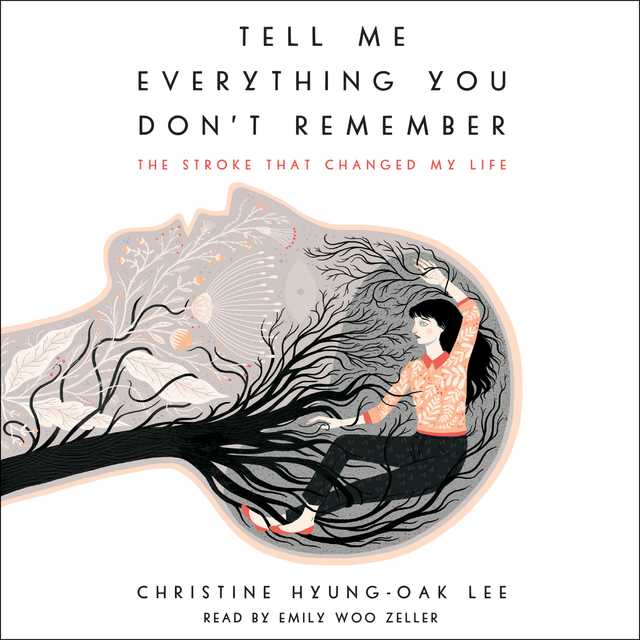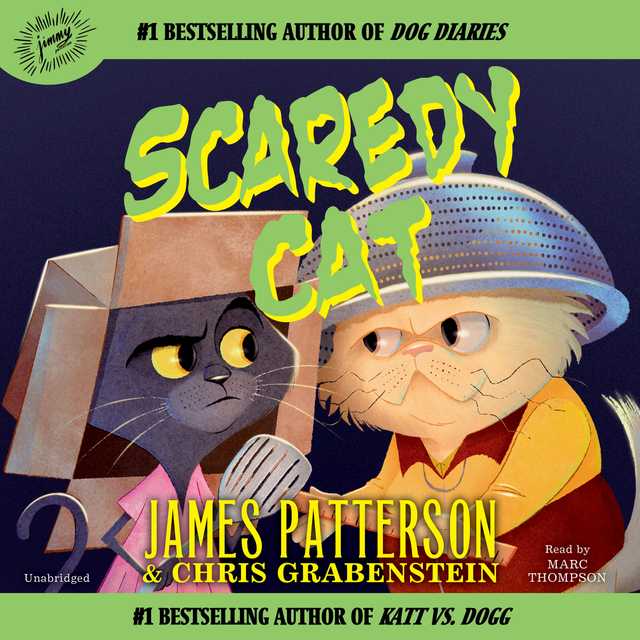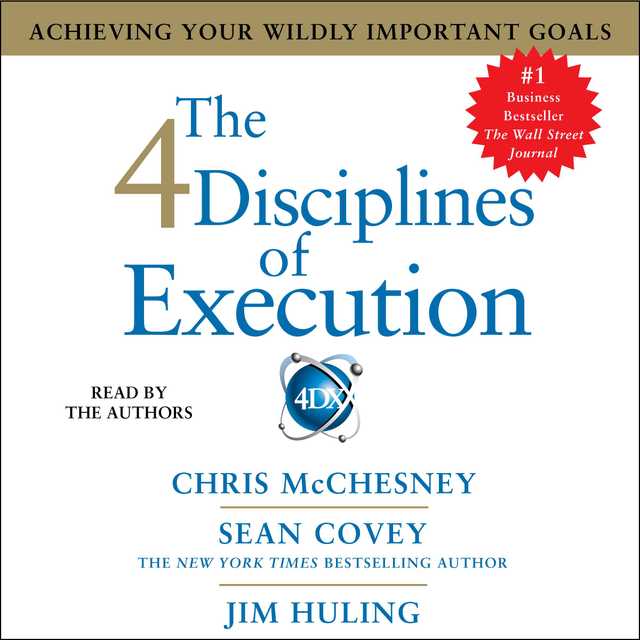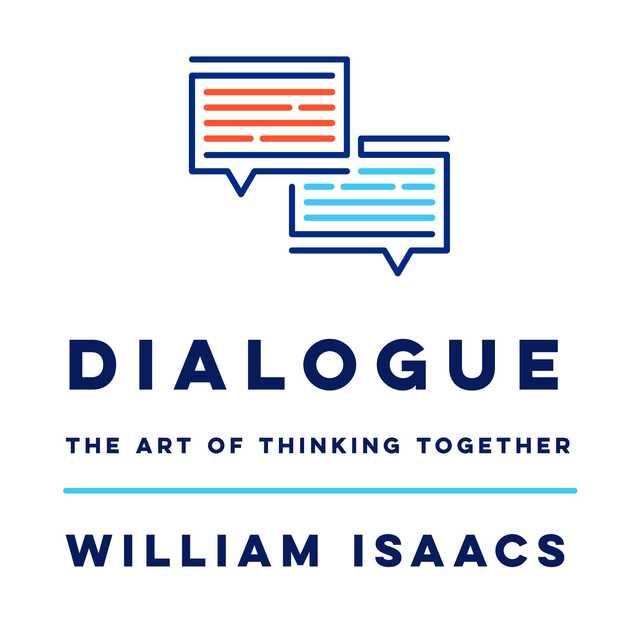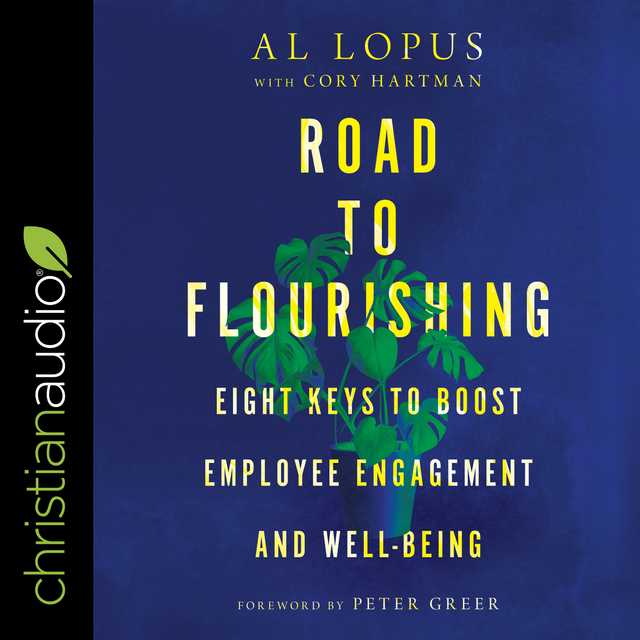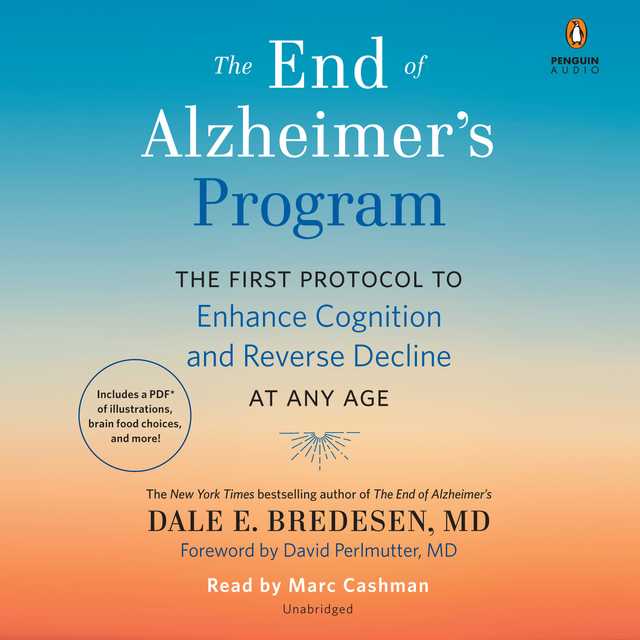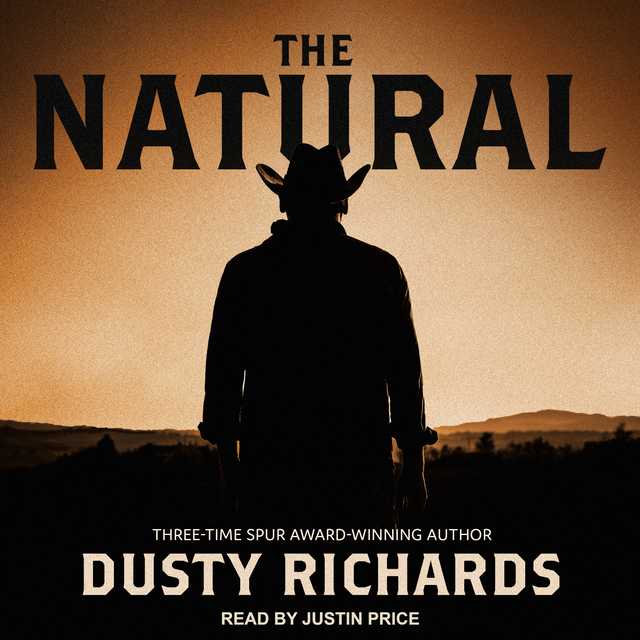Tell Me Everything You Don’t Remember Audiobook Summary
A memoir of reinvention after a stroke at thirty-three, based on the author’s viral Buzzfeed essay
Christine Hyung-Oak Lee woke up with a headache on New Year’s Eve 2006. By that afternoon, she saw the world–quite literally–upside down. By New Year’s Day, she was unable to form a coherent sentence. And after hours in the ER, days in the hospital, and multiple questions and tests, she learned that she had had a stroke. For months, Lee outsourced her memories to her notebook. It is from these memories that she has constructed this frank and compelling memoir.
In a precise and captivating narrative, Lee navigates fearlessly between chronologies, weaving her childhood humiliations and joys together with the story of the early days of her marriage; and then later, in painstaking, painful, and unflinching detail, her stroke and every upset, temporary or permanent, that it causes.
Lee processes her stroke and illuminates the connection between memory and identity in an honest, meditative, and truly funny manner, utterly devoid of self-pity. And as she recovers, she begins to realize that this unexpected and devastating event provides a catalyst for coming to terms with her true self.
Other Top Audiobooks
Tell Me Everything You Don’t Remember Audiobook Narrator
Emily Woo Zeller is the narrator of Tell Me Everything You Don’t Remember audiobook that was written by Christine Hyung-Oak Lee
Christine Hyung-Oak Lee is a writer who lives in Berkeley, California. Born in New York City, Christine earned her undergraduate degree at UC Berkeley and her M.F.A. at Mills College. Her short fiction and essays have appeared in the New York Times and on BuzzFeed and the Rumpus, among other publications. She has been awarded a Hedgebrook residency, and her writing has been nominated for a Pushcart Prize.
About the Author(s) of Tell Me Everything You Don’t Remember
Christine Hyung-Oak Lee is the author of Tell Me Everything You Don’t Remember
More From the Same
- Publisher : HarperAudio
- Abraham
- American Gods [TV Tie-In]
- Dead Ringer
- House of Sand and Fog
- Prey
Tell Me Everything You Don’t Remember Full Details
| Narrator | Emily Woo Zeller |
| Length | 7 hours 26 minutes |
| Author | Christine Hyung-Oak Lee |
| Category | |
| Publisher | HarperAudio |
| Release date | February 14, 2017 |
| ISBN | 9780062669957 |
Subjects
The publisher of the Tell Me Everything You Don’t Remember is HarperAudio. includes the following subjects: The BISAC Subject Code is Biography & Autobiography, Medical
Additional info
The publisher of the Tell Me Everything You Don’t Remember is HarperAudio. The imprint is HarperAudio. It is supplied by HarperAudio. The ISBN-13 is 9780062669957.
Global Availability
This book is only available in the United States.
Goodreads Reviews
Roxane
March 28, 2017
There are beautiful turns of phrase throughout this memoir. The structure is fascinating and at times unpredictable, much like memory. There is a lot to admire here in a very moving narrative about what it's like to have to re-learn living in the prime of your life.
Angela
March 07, 2017
Each time I read a memoir, I get the same feeling. I begin the book paying special attention to the writer’s style and cadence and structure. I turn page after page, bouncing between enjoying the story and analyzing it in comparison to my own. This book had it’s moments. Moments of beauty in the fragmented thoughts, where as a writer myself, I realized; as disjointed and foggy and repetitive as this story became at times, there was still beauty in it. It was still a story, filled with lessons, sorrow and as much despair as there was hope, you just had to be patient. It was a story worth telling. That is the question I have asked myself no less than a dozen times as I’ve tried to write my own story. Is this story worth telling? One scene in the book leads me to believe that it is. When Christine attended VONA in 2008, less than two years after her stroke her instructor asked the class to write something deeply personal about themselves. When she balks at the idea, her teacher asks her, “Then why are you a writer?” I didn’t actually read that scene, as I was listening to this portion of the book on Audible as I walked to the bus that would take me home for the day. Amongst a half dozen construction workers, standing on the same corner of 9th and Olive, waiting for the crosswalk to signal us to walk forward, I took a few steps backwards. My backpack collided with a street lamp as I took my phone out of my jacket pocket and fumbled to find the words on the page. "Then why are you a writer?" I stared at them. Taking that question into my brain, I once again felt that feeling. It was the old familiar feeling that I always have when I think about finally getting serious about writing my story. I felt hope, because I am a writer. Words and expression and my story are at the core of my soul, and for that, I don’t get to be private. I must share my truth. I must be brave.
Hsien
February 18, 2017
More than just a book about stroke and how it can ravage your mind and body. Christine uses the crisis as a way to tell her story growing up as an Asian-American. Yes, she might have gone into more details on the other traumas she faced in her life but those are better saved for future stories. In this story, she did the right thing by staying focused on the stroke and contextualizing it with the power of memories.
Whitney
June 16, 2017
I was surprised how much this book touched me. It is about a woman that survived a stroke but her path to recovery was so familiar that the book ended up being hyper emotional for me. It's amazing the lessons trauma teaches are so interwoven no matter the circumstances. Lessons on how to survive with change in life, in your identity, in relationships (new and old) and how to make sense of it all when it seems so nonsensical. There were some definite nuggets of wisdom. IF you're in recovery, have PTSD, have been through a terminal illness, or some kind of traumatic experience, I think you will appreciate this quick read. The way she structured the book at first bothered me because it was almost as if she wasn't fully recovered but by halfway I understood why she was flipping back and forth through periods of time and was enthralled by the change of pattern. I also have come to believe that recovering from a stroke is more than a little like what it is like just living as your average introvert and if you love an introvert but don't understand her or him, you should also definitely read this book. It is one of those reads that was simple but poignant and something I am sure to think back to often, for the rest of my life now. ❤
alyce
June 03, 2019
A gorgeous book.Picked up in an attempt to empathize with my dad as he continues to recover from a rare brain aneurysm type event. Finished in tears because this book is about more than recovering from a brain injury. It's about the ongoing emotional recovery we trudge against throughout our whole lives (—yes, until death). How the work we must do to mend what has been broken is fucked up, scary, and perhaps more painful than even the root of the trauma itself. And we don't always feel like we're moving forward, and maybe we're not for a while, but somehow we are. Incredibly, our psyche has as much plasticity as the organ called the brain."I know that everything is temporary and hard to hold, and even the permanent is only for this lifetime. That the poem Justin wrote for my newborn daughter on a piece of paper will eventually yellow and crisp. That all the secret family recipes of the world will disappear unless we share them. That all this value and love and honor and pain is useless until we share it with others, so that they too can hold it in their hands for a split second before the dust runs through their fingers.""One of the first written correspondences I'd had with Adam revolved around my philosophy of love and relationships; I said I wanted someone I could take care of, and someone who would take care of me in return. To be enamored of someone completely and ignore myself, because that someone would be enamored of me. I was twenty-one years old when I shared this, and I was mistaken. I relied on Adam to take care of me, because I would not take care of myself. This dependency caused immeasurable strain for years to come. To rely on someone to take care of me meant to have my needs defined by someone else, that I didn't prioritize my needs, that my partner had to anticipate my needs. It meant exhaustion, meant resentment. It was something that had to change. That change took a long time.""PTSD, or post-traumatic stress disorder, is a result of avoidance. I thought that the only way I could see my stroke was to distance myself so that I could see it in its entirety. So I detached from the event. It was, I thought, something that had happened. I put my stroke into a box in a basement. I wanted it to stay there. Time to, I thought, move forward.(...) I wanted everything like it was before. It had happened. I thought it was no longer happening. In avoiding the thing, I could not avoid it." "Remembering trauma is to feel that trauma all over again. I thought I had to have distance to see the thing as a whole, and so I tried my best to divorce myself from the event and to put it behind me—but I learned that trauma is not a separate thing, it is an experience that folded itself into my body and mind and brain. I had to hold it close, sit with it in discomfort and pain, and not push it away. It took a while to learn this."Oh, here's a funny one: "My mother would point out a hill topped with snow. And there would be a moment where we would take a sharp inhale at its beauty. This would be followed by my mother's announcement, "Looks like bird poop. So beautiful."
Pancha
May 04, 2017
This was a harrowing read because it took her so long to get medical treatment after the stroke, because she is so blunt about laying bare her thoughts about herself, because her invisible illness sometimes reminded me of mine. I actually recognize some of her post-stroke symptoms as amped up versions of my own neurological experiences.
Jane
July 07, 2017
I memoir written by a woman who, in her early 30s, had a stroke. The stroke wiped out her memory. This book is her account of her slow recovery. I found it fascinating. It's amazing what the brain is capable of.
Sarah
October 24, 2017
This book is quite captivating in the intensity of this lady's account of a somewhat subtle yet devastating stroke which causes her to have mainly cognitive issues and some balance challenge, it seems. She relays her recovery in terms of the return of her abilities in relation to her love for literature. Initially her stroke event goes almost unnoticed amid the series of migraines she suffers and is only detected after a delay and due to her word finding difficulties and jumbled word salad talk - she cannot think of the name for a high frequency word item, that being eggs, and so describes them in the only way she can access as "shell bells." As she continues to not make sense she ends up visiting hospital where a memory assessment points to a short term memory lapse. She goes on to realise that with the book that she had been enjoying the reading of she has been rereading the same line repeatedly without realising. After 6 months she is able to read a short story and by 18 months feels that she has 80% of her abilities restored, being able to read a story and write a short story. It is revealed that she has had a stroke in the dorsomedial thalamic nucleus only through her having an MRI scan and this then being examined. Scans which when repeated at intervals eventually capture a near complete brain recovery. She sites this recovery as being due to her writing; she found a way to her new self through journaling her own narrative account. This book is both her achievement and evidence of her rehabilitation. Her comparative examples are full of imagery; the plasticity of her brain reforming and reshaping is like the plasticity in nature with her example of the regrowth of the pine forest from forest fires. There is an intensity to this in that the house she lives in neighbours the house for where they stopped in 1991 during her studies at college which she eventually resumes residency in post stroke. She includes some zippy quotes like "neurons that fire together wire together" (Hebb's rule) and ideas from eminent professionals. She quotes ideas from Freud, Norman Doidge, Marcos Frank, Professor Robert White (a neuroscientist). The latter applies the image of a sprinkler system revitalising the arid patches of lawn to the refiring and reactivating of dying parts of the brain. There is also the image of a UNIX system of messages being passed and rerouted. She describes different types of memory (chapter 5) that she experiences losses and values gains in in such a way that it is relatable to roles in an office and to an encyclopaedia system, for instance.It emerges that she has an apparent whole in her heart, previously undiscovered, that has been at the root of her early entrance into a stroke recovery pathway at age just 33. When this is repaired she feels 80% recovered; she can read a short story, write longer blog posts, assemble a peanut butter and jello sandwich, co-ordinate an outfit and choose something other than a hamburger off a restaurant menu (it appears her sense of the subtleties of different tastes was muddled for a time too). This is 6 months post stroke and she feels functional to survive into the future at this point. However what she wants she states is to not merely survive but to thrive and this resonates with the tone of her ambitious intentions. Her goals carry her forward. She talks of early occupational therapy sessions where she would be set a task to buy several items from the hospital shop and try to retain a recall of what she had purchased and of her memory then building up in stages from 15 minutes to an hour to half a day. She talks of learning skills of prioritising and pacing herself, balancing activity with rest. Five years post stroke she is teaching at a community college.Similar to Vilfredo Pareto's 80/20 principle of the fortunes of land occupation she feels that the last 20% of her recovery will present the greatest challenge. She talks of going from a definition of capacity in relation to the constraints of time to when, at the time of her stroke, she feels that since memory depends on time that without the capacity to remember time the concept of time becomes meaningless and then on to later on in her recovery when capacity is defined by energy levels; instead of "I don't have time" she moves to "I don't have energy." This final portion of recovery she describes as about becoming a whole person, development of body, heart and mind. She begins to listen more to her body, having made gains with her mind, and makes use of yoga.To feel a resolution to the book I feel it is necessary to read the acknowledgements at the end as the final chapter is somewhat laid out in very brief modules of moments relating to the birth of her daughter, whose development she compares to her own neural recovery. She also contrasts the recovery timescale of her father's stoke which follows hers in 2007 by about five years. He also loses abilities in relation to language, being unable to speak initially though regaining this later. He also struggles with swallowing and uses straws for a year and is likely to use a cane to supplement his reduced mobility for the rest of his life, being more physically affected than his younger daughter whose losses are more influential on functional accomplishment, resulting in her avoidance of cookery for a year due to culinary disasters due to not keeping track of and be able to sequence the task at hand.Her love of literature permeates her account with her own writing efforts and references to novels like F Scott Fitzgerald's "The Great Gatsby," Eleanor H Porter's "Polyanna," Kurt Vonnegut's "Slaughterhouse-Five" with the latter being quoted frequently as she reads this book through her recovery having commenced it before her stroke began. "The language of my stroke is forever in my brain" she states poignantly and it is clear that this experience has made a mark which will forever remain for her but that she is a lady determined to look to the future with her daughter in arms.
Sara
March 15, 2017
I have to tell you that I identified with this so much that my book pages are literally bent on so many corners and I have notes all over it on post it notes so I could go back and remember something poignant. I feel like the biggest hurdle in my recovery is dealing with other people, everyone wants you to just be better because then they are off the hook with being nice, going the extra mile, caring, whatever. It's like, "Oh, she's not sick anymore, thank god!" and I'm standing here like, "Yes, yes I am. I am just really good at faking it so I don't feel stupid and you don't feel obligated." But as I read this book, Christine gets it. I don't remember much of anything from the day before I gave birth until sometime at the end of October. Everything since October is spotty at best but I'm able to fake it every day. The great thing is that everyone who interacted with me, particularly early on, all confirm that I had no idea and I really was like Dory from Finding Nemo, and I was argumentative, at one point convinced Matt was out to get me and lock me up in the loony bin. On page 44 she writes, "But in those first few weeks I was lost without knowing I was lost. I was searching with a deep belief that all would be well, not out of resilience or hope but out of ignorant bliss. I was in a hospital room, sheltered from the world, where nurses and doctors protected me from overstimulation, where everything happened on schedule, and where the blank white wall was not an acre of boredom but of great comfort. My world was that room, and in that room my struggles had little measured impact."God yes. I don't remember much but what I do remember of my hospital stay are quick snippets, like snapshots, and in every single one of them I have a feeling of safety and security, a feeling that I didn't want to go home but of course I couldn't really place why. Her book chronicles first visitors who are at first buoyed by how great she looks, how she doesn't look sick but are quick to realize that things aren't right, the memory isn't there and basically that she didn't know what she didn't know. And that's the way I describe those first months, I didn't know what I didn't know. I frequently say I don't know if I'm actually getting worse or if I'm just realizing how bad things were and still are. I also have had to confront how much I hate medical attention. I am very much the non-complainer. I have been to the doctor more times in the last two months than I had been from the ages of 16-34. Easily. And that counts during my previous pregnancies. I am very much that person who will not go to the doctor unless there is a damn good chance I'm terminal. Same with my kids. Ear ache? You aren't going to die. We are not going to be the people who become immune to anti-biotics. So the entire concept of going to the doctor to fix myself is a difficult adjustment. On page 146 she writes, "It felt strange, actually, to pick up the phone. It felt completely self-indulgent to ask for medical attention. I was still so afraid of showing vulnerability. To say 'something is wrong' was to say something in my body was failing was to say I needed someone was to say I deserved help. I did not think I deserved help."Preach it, sister. There is also a passage where I re-read it so many times because I felt like it highlights my time now, battling depression and anxiety, reeling with being someone with PTSD and how people laugh at that because it's not like I went to war or anything. But I've learned that dying in any kind of way is terrifying, and nobody comes back unscathed. Christine writes on page 205, "..I knew the last mile is the hardest. It is the mile you often travel on your own. Where you must go outside your comfort zone. Where coping is finding a new way to do the old things. Your doctors are no longer there, your friends think you are fine, and you are functional enough to not elicit any sympathy."And god, I'm there. I'm so there. She also writes, on page 235, "I felt no one wanted to talk about it - not my cadre of healthy friends, anyway. When I said, "I can't remember-ever since the stroke, I can't remember little things," they told me they could not remember things, either. That it was old age, that it was their recreational marijuana use, that it was exhaustion, that it was normal. Not the stroke."God, YES. I swear to you, if I hear someone tell me this is normal one more time, I'm likely to lose it. You'll see me on the Today Show as the woman who lost her shit in a grocery store or at after school kid pick up. I'm not saying I can't remember things to elicit sympathy, I'm stating a fact. I'm letting you know that this is still a problem, and it's not normal. None of what I am dealing with is normal. You might have hormone problems, but you don't have them from having your pituitary gland shot during the course of bleeding to death while stroking out. It's different. Everything about me is different and special but it all sucks. So yes. This book. This book was EVERYTHING that I needed right now. I didn't even know I needed it. I wish I could just hug this woman because this book feels like a life preserver for me right now. I cannot recommend this highly enough, it should be a mandatory read for any stroke survivor.
Matthew
August 26, 2020
Reminds me that no matter how a person looks or is acting on the outside it’s truly hard to recognize what’s happening on the inside. Also reminds me that strokes are a bitch.
Ericka
August 30, 2017
For a young writer who relies on memory and words for her very existence, what can be more devastating than losing both?In Tell Me Everything You Don't Remember, Christine Hyung-Oak Lee has written a brilliant and moving memoir about her stroke at the age of 33, and how she recreated her life.The child of war-surviving immigrants from Korea, Lee details forced marches in the San Gabriel Mountains of Southern California as her parents trained her in fortitude and how to survive war. She learned the power of language under duress: locked in a preschool bathroom stall for days because she couldn't speak English. Lee is fierce with herself, and honest, writing about her early bouts with depression and self-harm, her soul-sacrificing love affair with her husband, the tragic death of her estranged mother-in-law, the triumphant birth of her daughter after 13 years of infertility, and her subsequent postpartum depression. Lee writes with great generosity about her (now ex) husband in his caregiving and all-too-human failings, and how the stroke catalyzed the end of her marriage. She writes about finding new love in a surprising place.But the most harrowing and informative parts of the book detail the stroke and recovery itself. Lee details the sensory confusion, the almost complete loss of short-term memory, the stripping away of social filters that left her raging or weeping in public. She grounds her experience in easily understandable explanations of brain function and memory itself. Lee's writing is lyrical but never sentimental. She chooses each word as if walking carefully down a long staircase, the language itself leading and healing her damaged brain. Lee's slow recovery back to herself—a truer self – feels earned and triumphant. Tell Me Everything You Don't Remember truly becomes a journey of healing – for Lee, and for the reader.
Giuliana
June 01, 2017
Overall I really enjoyed this book. As a future doctor in training, I appreciate the author's illustrations of how medical news and unexpected medical events can rip your life apart. It is valuable insight that I will be able to carry forward and use to be a more sensitive and caring physician.The book has quite a unique writing style. Sometimes very serious and sometimes moves far way from writing convention. I think it worked for this novel, though at times I find it quite odd to read. Overall, the book could've been about 4 chapters shorter and I wouldn't have missed much as I found it was a little repetitive.
S.D.
February 28, 2017
This memoir is about more than the author's stroke recovery. It is a brave look back to her childhood and the life of immigrants shaped by war; it is a brave look into her own traumatic experiences as a student, a writer, a wife, a mother. Everything informs her recovery. The ending beautifully climaxes to a conclusion that leaves the reader satisfied. What more to tell? Our lives are made in moments, and the author takes all of that pain and joy, and leaves her heart on the page. I highly recommend this to anyone needing an inspirational and informative read.
Pamela
October 19, 2017
I can't imagine it's not very often we get a well-written descriptive account of brain injury from the person who had the injury, but that's what Lee has given us. It's an interesting perspective into the mysteries of the brain, of living with memory loss and other problems. Lee is a very articulate survivor of a stroke at the age of 33. Very much enjoyed following her journey from the time the stroke happened until her recovery.
Sri
April 21, 2017
I listened to couple of minutes of Christine's interview on the radio made me get this book. This is a riveting book. Talks about her struggles, perseverance and puts things in perspective. There is quite some repetition but it is not at all a big deal when you become part of her past, present and future!
Lori
May 15, 2017
Fascinating look inside the experience of having a stroke and slowly, ever so slowly recovering from it. Christine Hyung-Oak Lee shares her story along with the science behind what she lived, giving us a gut-punching vicarious experience along with a mind-expanding understanding of our own brains and how they work.
Frequently asked questions
Listening to audiobooks not only easy, it is also very convenient. You can listen to audiobooks on almost every device. From your laptop to your smart phone or even a smart speaker like Apple HomePod or even Alexa. Here’s how you can get started listening to audiobooks.
- 1. Download your favorite audiobook app such as Speechify.
- 2. Sign up for an account.
- 3. Browse the library for the best audiobooks and select the first one for free
- 4. Download the audiobook file to your device
- 5. Open the Speechify audiobook app and select the audiobook you want to listen to.
- 6. Adjust the playback speed and other settings to your preference.
- 7. Press play and enjoy!
While you can listen to the bestsellers on almost any device, and preferences may vary, generally smart phones are offer the most convenience factor. You could be working out, grocery shopping, or even watching your dog in the dog park on a Saturday morning.
However, most audiobook apps work across multiple devices so you can pick up that riveting new Stephen King book you started at the dog park, back on your laptop when you get back home.
Speechify is one of the best apps for audiobooks. The pricing structure is the most competitive in the market and the app is easy to use. It features the best sellers and award winning authors. Listen to your favorite books or discover new ones and listen to real voice actors read to you. Getting started is easy, the first book is free.
Research showcasing the brain health benefits of reading on a regular basis is wide-ranging and undeniable. However, research comparing the benefits of reading vs listening is much more sparse. According to professor of psychology and author Dr. Kristen Willeumier, though, there is good reason to believe that the reading experience provided by audiobooks offers many of the same brain benefits as reading a physical book.
Audiobooks are recordings of books that are read aloud by a professional voice actor. The recordings are typically available for purchase and download in digital formats such as MP3, WMA, or AAC. They can also be streamed from online services like Speechify, Audible, AppleBooks, or Spotify.
You simply download the app onto your smart phone, create your account, and in Speechify, you can choose your first book, from our vast library of best-sellers and classics, to read for free.
Audiobooks, like real books can add up over time. Here’s where you can listen to audiobooks for free. Speechify let’s you read your first best seller for free. Apart from that, we have a vast selection of free audiobooks that you can enjoy. Get the same rich experience no matter if the book was free or not.
It depends. Yes, there are free audiobooks and paid audiobooks. Speechify offers a blend of both!
It varies. The easiest way depends on a few things. The app and service you use, which device, and platform. Speechify is the easiest way to listen to audiobooks. Downloading the app is quick. It is not a large app and does not eat up space on your iPhone or Android device.
Listening to audiobooks on your smart phone, with Speechify, is the easiest way to listen to audiobooks.

